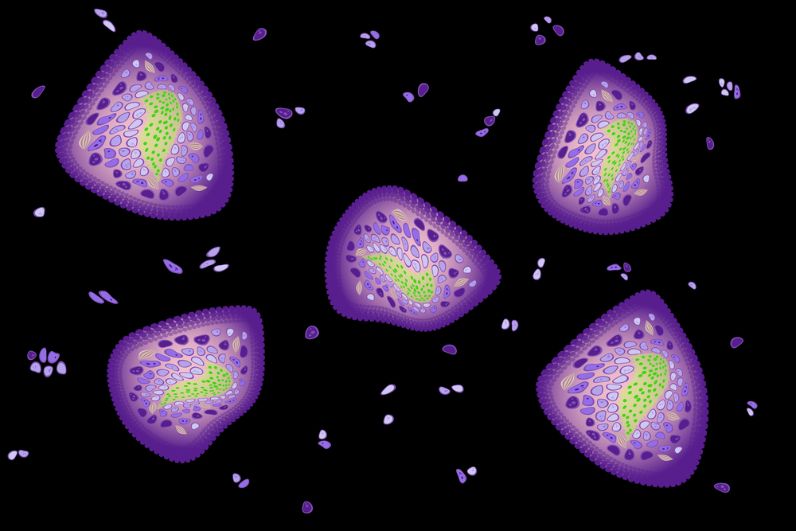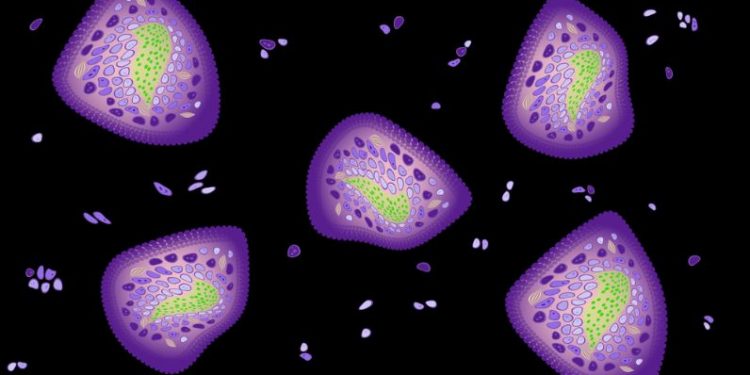Stomach cancer develops in the cells that line the inside lining of the stomach (mucosa), as well as in the muscles and other connective tissue around the stomach. It can also spread to other parts of the body, including lymph nodes, where it is known as metastatic stomach cancer.
It doesn’t always cause symptoms in its early stages, so it is often missed until the cancer is very advanced. But you and your doctor can spot it early by getting regular screening tests for cancer.
Your risk of developing stomach cancer depends on your age, family history and other health factors. Some people are at higher risk because they have certain genetic mutations or a hereditary disorder. These genes make it easier for the cancer to grow and thrive.
Eating healthy foods, not smoking and avoiding certain types of alcohol can help lower your risk of developing this cancer. You can also ask your doctor about ways you can reduce your risk of stomach cancer.
Get tested for certain diseases that may increase your risk of stomach cancer, such as Crohn’s disease and ulcerative colitis. These can cause inflammation of the lining of the stomach and can lead to cancer.
Be sure to tell your doctor about any medicines you are taking, such as antibiotics and aspirin. These can affect how your body absorbs nutrients, which in turn may impact your risk of stomach cancer.

Blood tests and ultrasounds can detect changes in the cells of your stomach, if they occur. Ultrasounds can look for tumors, while blood tests can test for certain proteins that cancer cells need to grow.
CT scans, MRIs and PET scans can provide more detailed information about the size, location and extent of your stomach tumor. They can also find any areas where your cancer has spread to other parts of the body.
Surgery, chemotherapy and radiation therapy can be used to treat a variety of different types of stomach cancers. Your treatment will depend on your cancer type, its stage and your personalized care plan.
Chemotherapy is a drug treatment that kills or slows the growth of cancer cells. It can be given before or after surgery to shrink your tumor and kill any cancer cells that are left. It is also used after surgery to prevent your tumor from recurring.
Hyperthermic intraperitoneal chemotherapy or HIPEC is a special form of chemotherapy that heats the chemotherapy drugs so they can work more effectively in your stomach. This treatment is available for some patients with recurrent stomach cancer, and it can be more effective than standard chemotherapy treatments.
In many cases, these types of chemotherapy are combined with radiation therapy to maximize the effectiveness of the treatment. It is also used to improve survival after surgery and to help manage side effects of the treatment.
Your doctor can also use immunotherapy to treat certain types of stomach cancer. Immunotherapy works by boosting the immune system’s ability to fight off the cancer.









